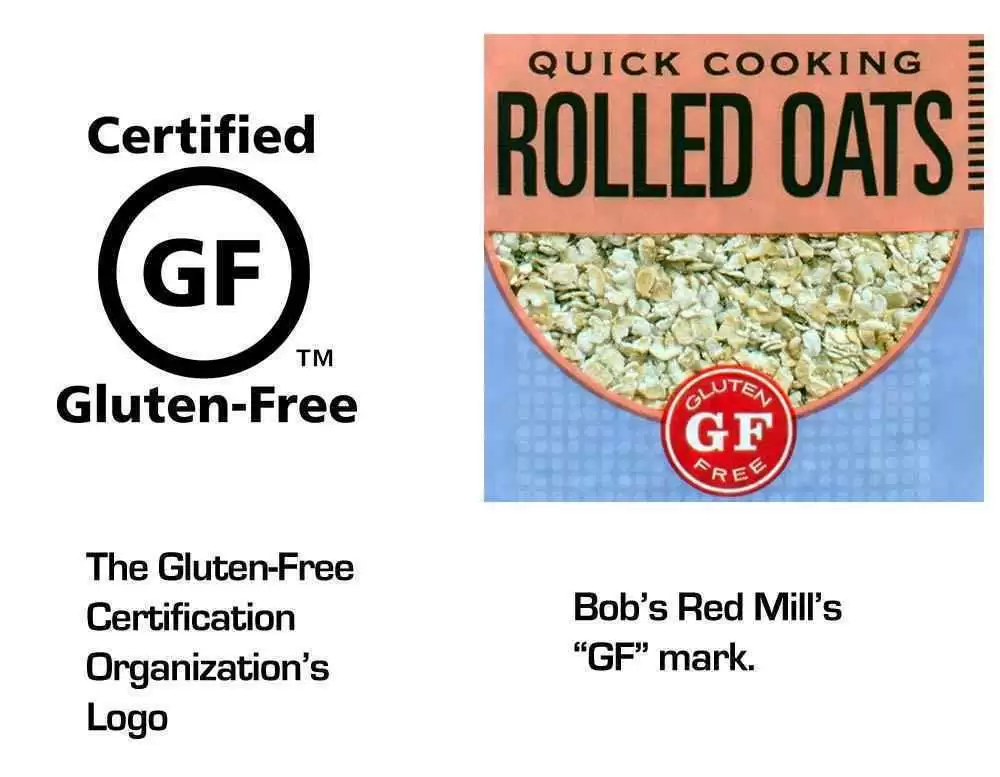
Celiac.com 03/18/2023 - It can be very confusing to person newly diagnosed with gluten intolerance to sort through all the information that abounds about celiac disease and the gluten-free diet. The information is inconsistent—support groups are not saying the same things— why is there a difference? No wonder celiacs are confused.
Fundamentally, all the national support groups in the U.S. have missions that are similar—to serve and support persons with gluten intolerance. The five national groups: Celiac Disease Foundation (CDF), Gluten Intolerance Group® (GIG®), Raising Our Celiac Kids (R.O.C.K.), Celiac Sprue Association, Inc. (CSA/USA), and American Celiac Society all list this as their primary objective. So, what is the difference between them? Very little. All five have a network of support groups throughout the country—Chapters, Connections, and Partners. All provide local and national literature and support. All are 501c3 nonprofit organizations. Some groups are larger than others, but size alone does not determine the quality or value of the work that each does. Unfortunately, there will always be disagreements between similar organizations, and what constitutes a gluten-free diet seems to be where U.S. national groups disagree. Three groups follow the American Dietetic Association gluten-free guidelines, while the others do not.
Celiac.com Sponsor (A12):
The controversy surrounding the gluten-free diet began about 25- 30 years ago when the first gluten intolerance support groups began to form. At that time medical experts on celiac disease and the gluten-free diet were few and far between, and support groups were forced to develop their own gluten-free dietary guidelines. Some of the recommendations were based on the meager scientific information available at that time, and other recommendations were based on speculation, assumption, antidotal evidence or hearsay. Over the years the field of nutrition has seen fad diets come and go. If a disease treatment includes a diet, the thinking has often been ‘if some restriction is good, more is better.’ There have been some very restrictive diets developed over the years that most people fail to maintain. One example of this is the dramatic change in recommendations for the diabetic diet. Somewhere along the way, the gluten-free diet became one of those diets where it got more and more restrictive— without sound scientific evidence and reasoning for it.
In the last ten years, medical professionals—researchers, medical practitioners, dietitians and pharmacists have become more interested in and aware of celiac disease. Research data collected during this time has changed the face of celiac disease and the gluten-free diet. Health care professionals have developed expertise in all areas related to gluten intolerance diseases. Some dietitian experts now spend their time working solely in the area of gluten intolerance. These people have the ability to make sound recommendations about the diagnosis, care and treatment of celiac patients, including recommendations about the gluten-free diet.
Several years ago dietitians with expertise in gluten intolerance and the gluten-free diet began scrutinizing the original diet recommendations, and investigating the rationale and science behind those recommendations. They soon began to question the validity of the original recommendations. Their exhaustive research has helped to reshape the gluten-free diet into what became the revised 2000 American Dietetic Association Gluten-Free Diet recommendations. These dietary revisions were the result of joint work and partnerships among many researchers in the U.S. and Canada whose work has modernized the gluten-free diet.
The gluten-free diet has changed over the years, just as nearly every aspect of what we know about celiac disease has changed. Do today’s support groups still have the role of dictating what the gluten-free diet is—even when experts in the field have made new recommendations? As more and more celiac centers are created, support groups are finding that their roles are also changing. They no longer have to make decisions about what constitutes a gluten-free diet, but instead only have to disseminate information that has been prepared by experts. Change is difficult, but resistance to change can cause confusion, discontentment, lack of respect for support groups and professionals, anger and sometimes—outright hostility.
Some have questioned the American Dietetic Association’s gluten-free dietary recommendations, and have suggested that their science was weak or flawed. In response to this, and in response to the outcry by support group members and the medical community for a single, standard gluten-free diet, the National Gluten-Free Diet Project (NGFDP) has been created. The NGFDP will be the work of dietitians in Dietitians in Gluten Intolerance Diseases (DIGID) and a multi-disciplinary professional team. The final product will address areas of controversy and make recommendations based on sound science and well-documented research. Research information will be evaluated according to standards used for rating all research in the medical community. Will the NGFDP end the controversy? Not if people are not willing to accept science, but it will clearly provide a diet accepted by celiac professionals. To facilitate an agreement for the diet all national support groups will be invited to have input into the process.
DIGID dietitians are a highly energetic group of dietitians with expertise in the glutenfree diet. Soon they will have a published referral list for support group members, a speaker’s bureau and other exciting products and information.










Recommended Comments
There are no comments to display.
Create an account or sign in to comment
You need to be a member in order to leave a comment
Create an account
Sign up for a new account in our community. It's easy!
Register a new accountSign in
Already have an account? Sign in here.
Sign In Now